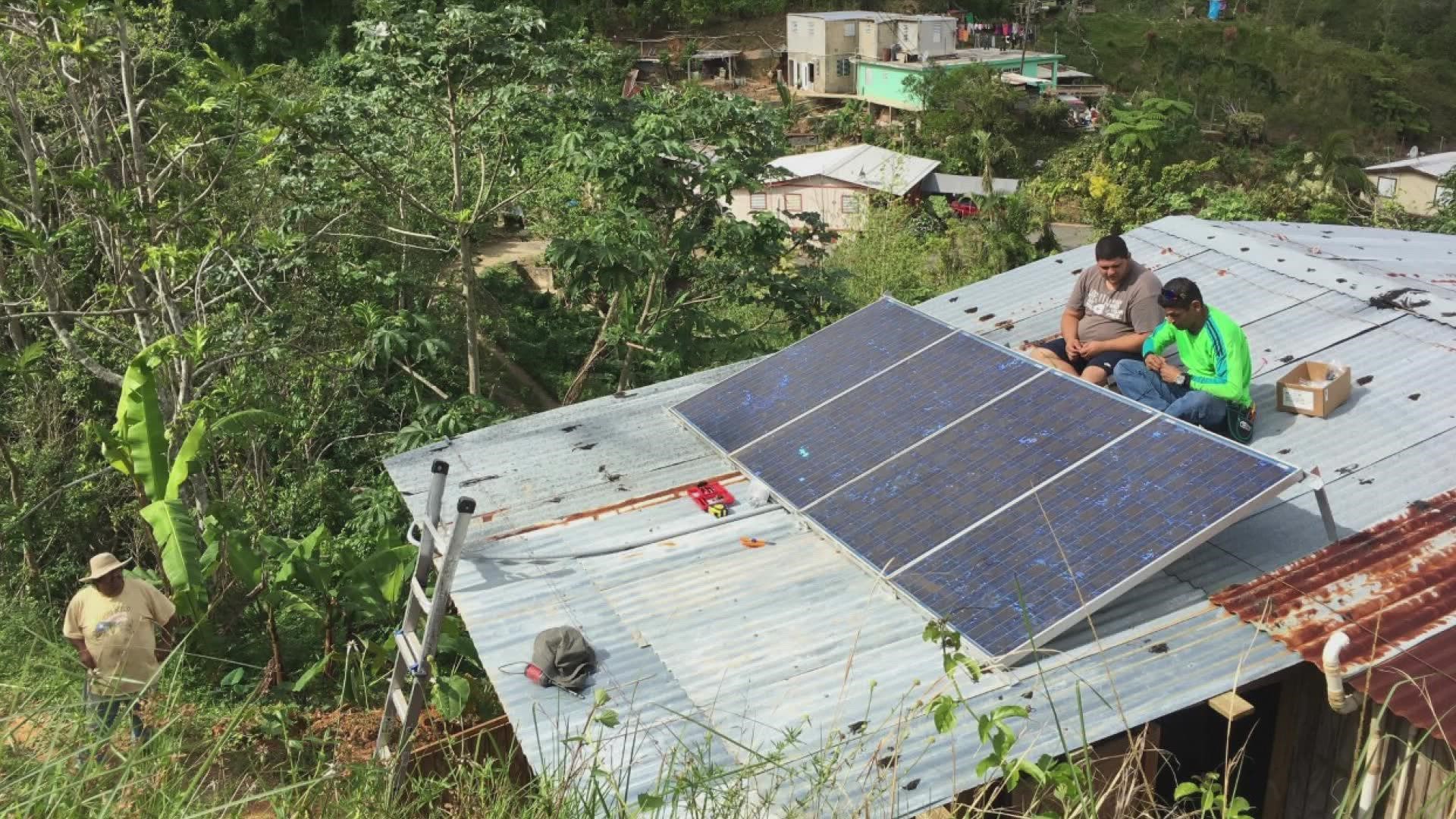KNOXVILLE, Tenn. — A group of researchers at the Oak Ridge National Laboratory is working to bring more reliable energy sources to Puerto Rico. This comes as hundreds of Puerto Ricans remain without consistent power a month after Hurricane Fiona hit the island.
Researchers at ORNL are partnering with local organizations, nonprofits, and universities in Puerto Rico to create a system of microgrids in Adjuntas, a small town on the southern part of the island.
Microgrids, as the name would suggest, are smaller grids, but they have the ability to operate when the main power grid is down. Max Ferrari, a research assistant at ORNL who is working on this project, said they can also leverage local resources as a source of power generation.
"So in places like Puerto Rico, it makes a lot of sense to have microgrids," he added. "First of all, because there are hurricanes and hurricanes are increasing in severity because of climate change, so a more resilient grid is going to be needed. And secondly, in Puerto Rico, most of the power is produced with imported fossil fuels, so if you can leverage local generation to have power when the grid is down, it actually improves the resiliency or the energy security for the population."
Ferrari said creating a cluster of microgrids will ensure there is always at least one source of reliable energy.
"Something that we are starting under this project is what happens if one microgrid loses part of its generation because of the hurricane," he mentioned. "Then, if you have the ability to exchange power among microgrids, you can leverage resources from the neighboring microgrid and actually increase the time in which these microgrids can operate without great connection."
Ferrari said initial simulations indicate the microgrids could keep each other running for at least a week. However, with ideal conditions, they could potentially keep operating indefinitely.
The research assistant explained the micro-grids include solar installations on the roofs of 13 businesses. The owners of those businesses have agreed to provide critical services like medicine, refrigeration and cell phone charging to residents during major power outages. In return, the businesses save money on electricity and avoid the use of expensive diesel generators during natural disasters.
The project will take about three years to be completed. Ferrari said the first two years will mostly consist of lab testing. In the third and final year, crews will work on field deployment and installation in Puerto Rico. According to him, they are currently finishing up the first year of the project.
Researchers with ORNL said this is a community-led project. They said it all started through Casa Pueblo, a nonprofit in Adjuntas, that was operating a microgrid as the island recovered from the aftermath of Hurricane Maria in 2017.
"It (the microgrid) became like the light in the middle of the darkness," Ferrari added. "And what I realized is that the people in Puerto Rico are seeing how important this transformation to a more reliable system is needed because of the example of Casa Pueblo."

